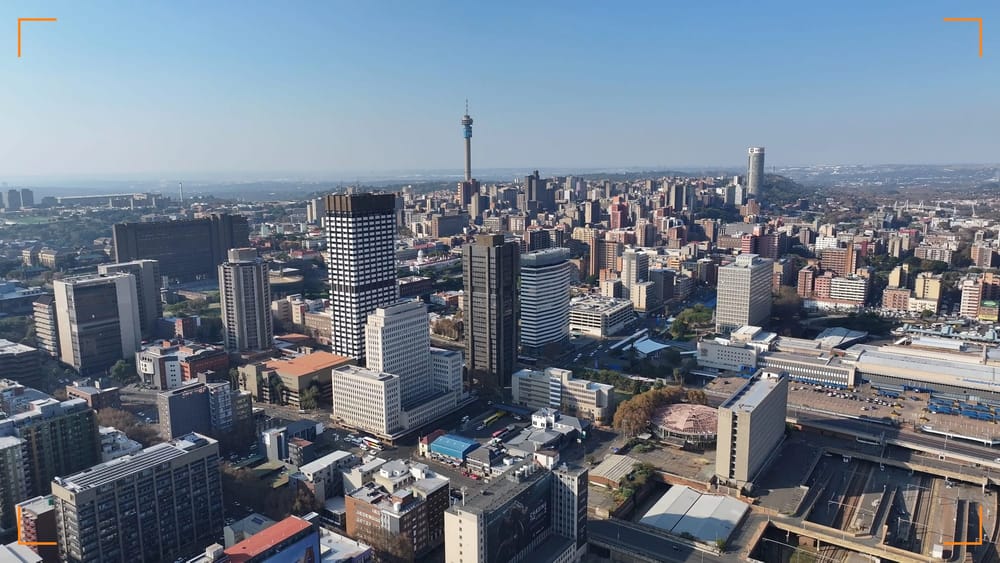
Report Details
Initial Publish Date
Last Updated: 07 AUG 2025
Report Focus Location: MENA
Authors: AA, CB, FZ
Contributors: GSAT
GSAT Lead: MF
RileySENTINEL provides timely intelligence and in-depth analysis for complex environments. Our global team blends international reach with local expertise, offering unique insights to navigate challenging operations. For custom insights or urgent consultations, contact us here.
Report Summary
This study presents a thorough examination of the current geopolitical and security environment throughout the MENA region.
- Washington’s perceived inaction during Israeli strikes on Qatar prompted questions about the credibility of U.S. security commitments. Although the subsequent executive order “Assuring the Security of the State of Qatar” reaffirmed U.S. protection, Gulf states continue to hedge their positions—exemplified by the Saudi–Pakistan Strategic Mutual Defence Agreement—signaling a broader diversification of regional alliances.
- The gradual U.S. troop withdrawal from Iraq is reshaping the security landscape, with local forces assuming expanded responsibilities. This vacuum is likely to attract influence from Iran, Russia, and non-state groups, potentially destabilizing Iraq’s fragile balance and threatening Western interests.
- Lebanon’s phased Hezbollah disarmament plan and Syria’s post-Assad parliamentary process mark tentative steps toward national stabilization. However, exclusionary governance models, unresolved border tensions, and fragile institutions continue to threaten long-term peace prospects across the Levant.
- The Gen Z 212 movement in Morocco, driven by digital organizing and anti-corruption sentiment, represents a new model of decentralized protest inspired by Southeast Asia’s online activism. Its success—or suppression—could shape future mobilization patterns across North Africa and the wider Arab world.
- The reimposition of U.N. Security Council sanctions has deepened Tehran’s economic isolation, reinforcing its strategic alignment with Moscow through a $25 billion nuclear cooperation deal. This further entrenches bloc politics and risks proxy escalation.
- Despite regional turbulence, initiatives such as Lebanon’s U.S.-backed disarmament plan, Iraq’s troop consolidation, and renewed U.S. security assurances to Qatar highlight ongoing attempts to reassert state control and manage instability.
- While Kuwait’s recovery underscores resilience amid oil price volatility, other economies face social and fiscal strain due to corruption, youth unemployment, and inflation—factors feeding into emerging protest movements and political discontent.
Remaining content is for members on Charter Member only.
Please subscribe to Charter Member and unlock this article and more content.
Subscribe Now







